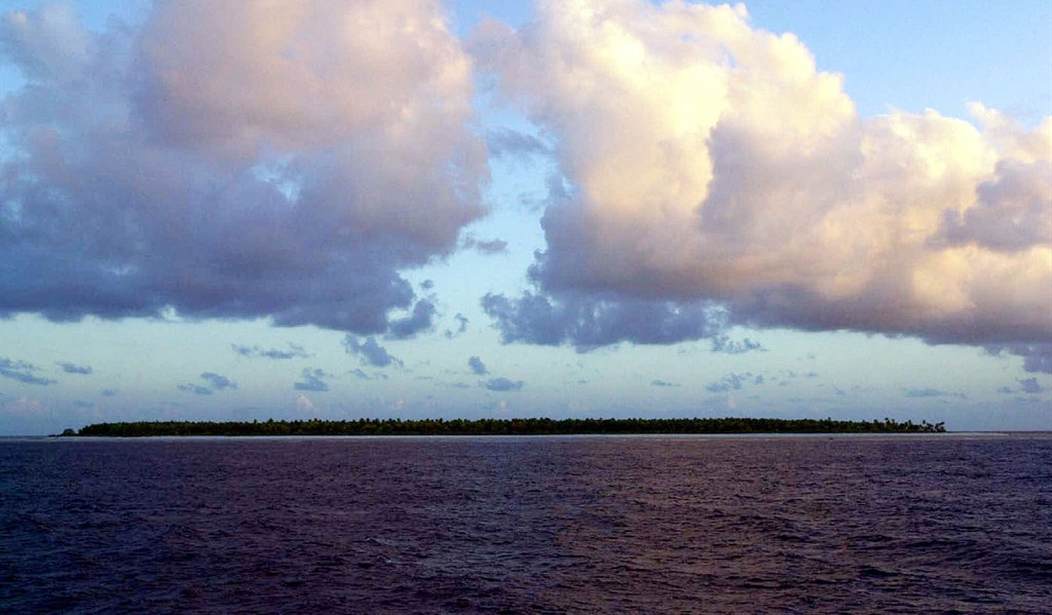A man in New Zealand applied for refugee status in anticipation of the effects of climate change and was denied. He moved to New Zealand from the Pacific island of Kiribati in 2007, and his visa has since expired. In order to avoid being deported, he hoped to convince the High Court that climate change makes Kiribati too unsafe for him to return.
France 24 reports that the man, Ioane Teitiota, is currently appealing the New Zealand High Court's decision to refuse him refugee status on the basis of climate change predictions.
Teitiota, 37, has had three children in New Zealand and argues that returning to Kiribati would endanger his family:
“There’s no future for us when we go back to Kiribati,” he told the appeal tribunal, adding that a return would pose a risk to his children’s health. ... “Fresh water is a basic human right ... the Kiribati government is unable, and perhaps unwilling, to guarantee these things because it’s completely beyond their control,” [his lawyer] told Radio New Zealand.
The notion that the Kiribati government is "unable" or "unwilling" to deal with the threat may be unwarranted, as the island government is also currently exploring plans to relocate its entire population or even construct man-made islands if necessary.
Teitiota and his lawyer, however, agree that deportation would be unjust and believe that they are fighting a greater battle on behalf of people everywhere that face a similar "threat":
Recommended
[Teitiota's lawyer] said Teitiota’s case had the potential to set an international precedent, not only for Kiribati’s 100,000 residents but for all populations threatened by man-made climate change.
It seems unlikely that the appeal will be successful, and the world will have to wait and see who, if anyone, succeeds in becoming the first climate change refugee. If the UN scientists are correct in their predictions, it could happen any day.

























Join the conversation as a VIP Member